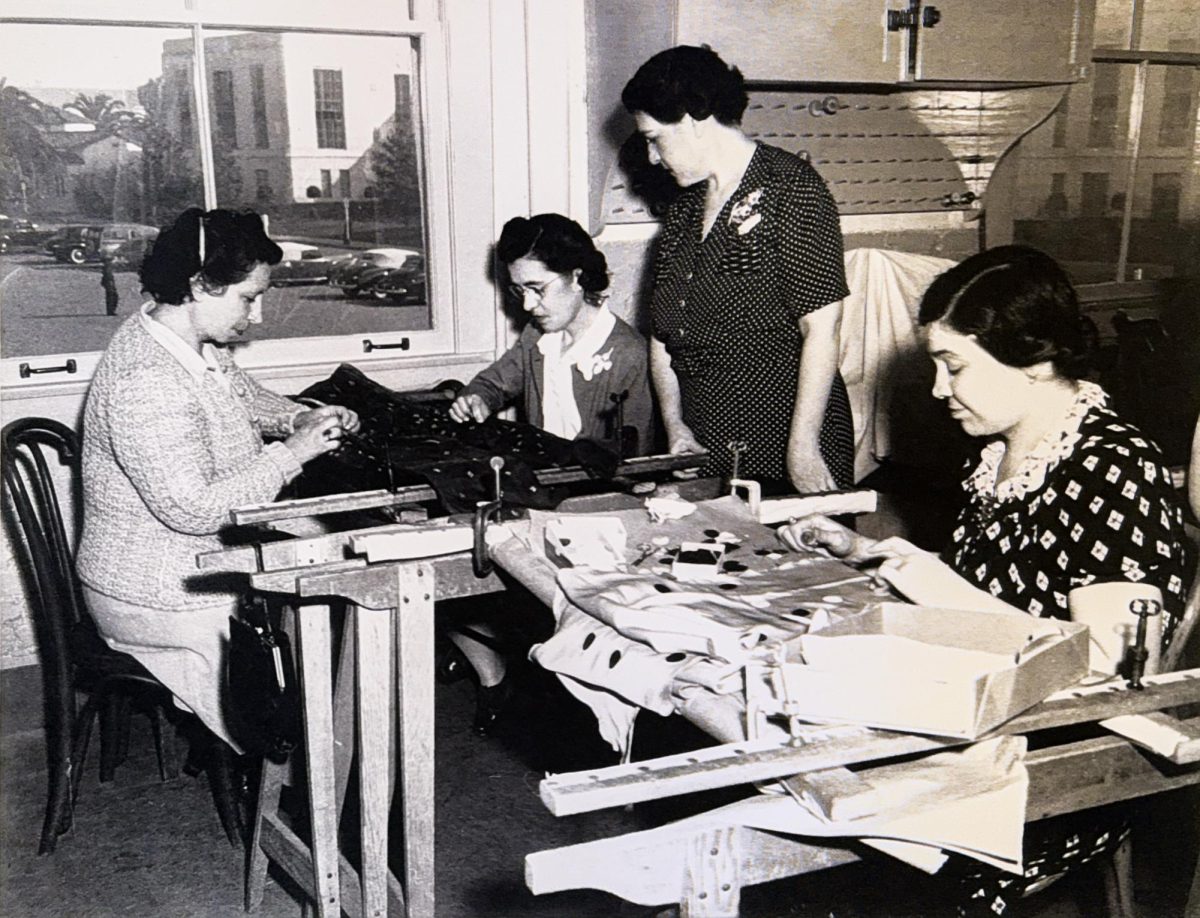Mental health is never easy to talk about. It can be difficult to talk about for those going through it, and those who haven’t often question it’s legitimacy.
People who struggle with mental health are often accused of being liars, or lazy, or are told they just need to “think positively.” In my own experience, I’ve been told these things several times by a myriad of people. The nature of these comments often sends the message that you are to blame for a chemical imbalance in your mind.
You aren’t.
When I began to experience typical symptoms of depression I had no understanding of what that meant. Depression was a big, scary word that made me think of people sitting in a dark room all day with the blinds drawn, never smiling or going outside. I went to school and laughed with my friends and enjoyed life for the most part so, to me, it seemed obvious that this word had nothing to do with me.
I fell into a habit of hurting myself very fast. It felt easier to do than to try to talk to someone and face any kind of judgment. I was going through puberty while also going through heavy periods of depression, and it bothered me that I felt like I had no control over my emotions. I didn’t like to talk about why I was always so angry, so I kept quiet. At one point when I was 15, I became so angry about something that I went into the bathroom and scratched at my face until I couldn’t take it. When I looked in the mirror, I saw I had three bleeding cuts down the side of my face. When asked about them, I said it was an accident.
I was ashamed of my depression because I couldn’t stop it, and I was ashamed of my anger because I couldn’t control it. I was constantly at war within my own head, dealing with the regular plights of being a teenager on top of dealing with a mental illness. I thought I was just destined to be a sad, unloveable, lonely person forever because that was the card I was dealt. This idea made me even angrier, which started a long pattern of self-sabotage and using my mental illness as an excuse for being a horrible person.
After my family moved out of the state, I went through a huge shift. I went to a public high school for about a month in my freshman year, but after a girl threw a water bottle at me and cut my face, I stopped. My mom started homeschooling me and my siblings, so I became very isolated. I stopped talking to my old friends and only hung out with my family.
When we came back to California, I fell into another depression. I felt out of place and lost like I didn’t belong anywhere. I didn’t get back into contact with my old friends for two years after I moved back. Around this time I hit rock bottom. I had pushed away the people that were close to me, and ruined relationships with my toxic behavior.
It wasn’t until I was 18 that I finally began seeing a therapist regularly. Though it didn’t fix everything that was wrong, I had finally taken a step in the direction I wanted to go and know I am not to blame for my mental health. I now feel more at peace in my mind than I ever have, and have learned to see mental health as a journey, rather than something to be conquered.








